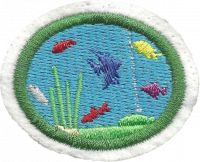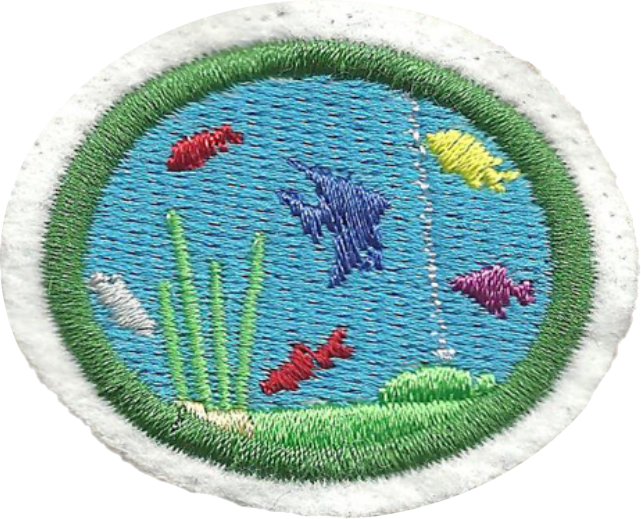Especialidades JA/Aquarismo/Requisitos
Nível de Habilidade
3
Ano
2012
Version
23.02.2026
Autoridade de Aprovação
Divisão Sul Americana
Prólogo: Todos os espécimes utilizados para o cumprimento desta especialidade devem ser adquiridos em concordância com as leis vigentes em seu país.
1. Ter a especialidade de Peixes.
2. O que é aquarismo ou aquariofilia?
3. Apresentar a história do aqurismo, primeiros povos a praticar, desenvolvimento das técnicas, evidências históricas, etc.
4. Explicar o que é, como funciona e qual a utilidade dos seguintes:
- a. Termostato
- b. Cascalho
- c. Substrato
- d. Raçâo de férias
- e. Placa biológica
- f. Bio ball
- g. Rede coletora
- h. Filtro fluidizado
- i. Filtro externo
- j. Filtro UV
- k. Ozonizadores
- l. Reactor de cálcio
- m. Skimmer
- n. Alimentador automático
5. Citar algumas vantagens d desvantagens de um aquário de água salgada em relaçâo a um de água doce.
6. Identificar, ao vivo ou por foto, 10 peixes ornamentais de água salgada e 15 peixes ornamentais de água doce, comumente utilizados em aquários.
7. Conhecer 10 plantas aquáticas de água doce, comumente utilizadas em aquários. Identificá-las por meio de foto ou ao vivo.
8.Identify in person or by pictures, five corals used in marine aquariums.
List and identify in person or by pictures five common animals in marine aquariums (do not include fish or corals in the list).
List and identify in person or by pictures five common animals in freshwater marine aquariums (do not include fish in the list).
List five different water tests, explain the importance of using them and demonstrate at least the use of one of them.
Complete the following activities:
- a.
Assemble an aquarium of at least 20 liters with a balanced amount of plants and fish, and maintain it for at least six months.
- b.
During assembly, do the following:
- i.
Demonstrate the ability to assemble and explain the operation of a suitable filtration system
- ii.
Explain your selection and install a compatible lighting system
- iii.
Select the type of soil most suitable for the desired environment
- iv.
Plants: Analyze the species that best fit the model
- v.
Fish: Explain about the species chosen, the relationship of space vs. adult size and number of specimens; ideal temperature for growth, temperament, ration type, reproduction, major diseases and problems.
- c.
During a period of at least three months, take note of the effects of the following conditions on the fish and the aquarium in general:
- i.
Too much light
- ii.
Too little light
- iii.
Too much food
- iv.
Changes in water temperature
- v.
Too few plants for many fish



